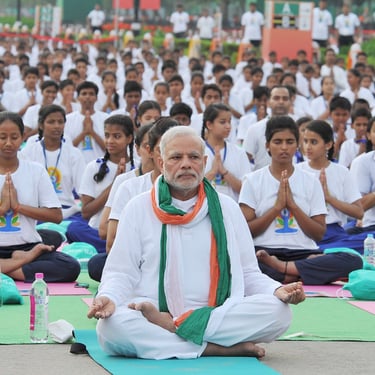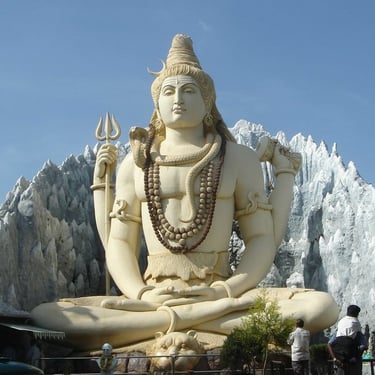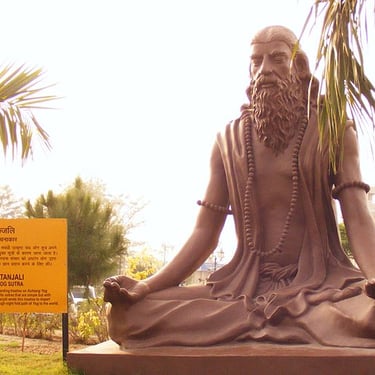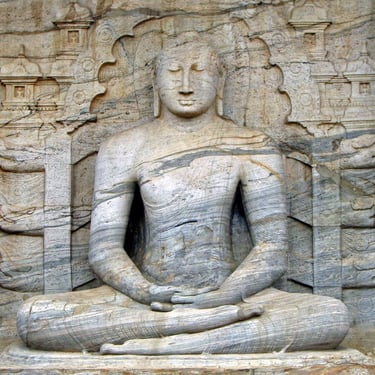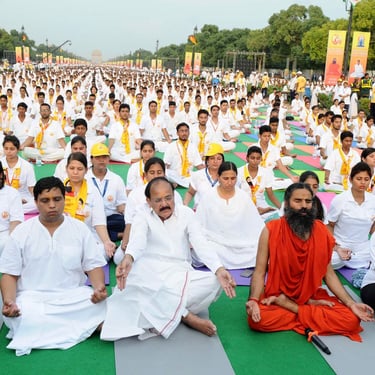Ayurveda:
1) Is an alternative medicine system from the Indian subcontinent.
2) The word "ayurveda" is from the Sanskrit: आयुर्वेद, Āyurveda, and means knowledge of life and longevity.
3) Ayurveda is pseudoscientific.
4) Ayurvedic texts say: the gods of Hindu mythology gave medical knowledge to legendary Hindu philosophers, who then gave the knowledge to human physicians.[7] However, the Indian Medical Association (IMA) says the practice of modern medicine by Ayurveda is quackery.


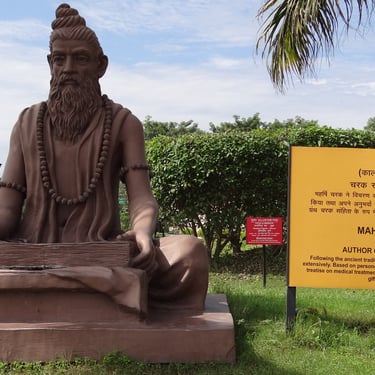
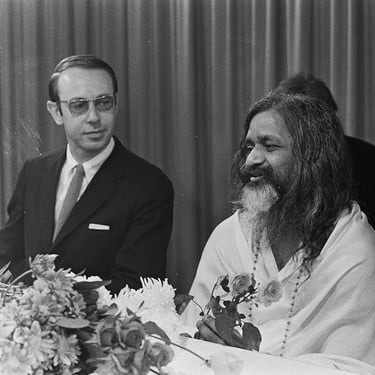

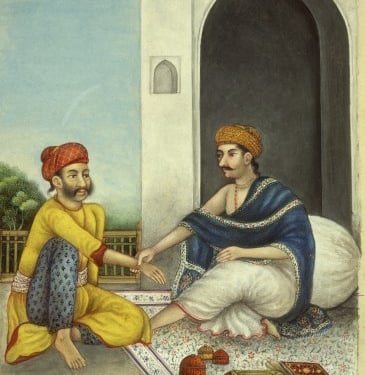





Not to be confused with Yoga as exercise, Yoga as therapy, or Yoga (philosophy). For other uses, see Yoga (disambiguation).
Statue of Shiva performing yoga in the lotus position
Part of a series on
Hinduism
HindusMythology
Origins
Sampradaya (traditions)
Deities
Concepts
Practices
Philosophical schools
Six Astika schools
SamkhyaYogaNyayaVaisheshikaMīmāṃsāVedanta AdvaitaDvaitaVishishtadvaitaAchintya Bheda AbhedaShuddhadvaitaSvabhavika BhedabhedaAkshar Purushottam Darshan
Other schools
ĀjīvikaBuddhismJainismCharvaka
Gurus, Rishi, philosophers
Texts
Hindu culture & society
Other topics
GlossaryOutline
Hinduism portal
vte
This article contains Indic text. Without proper rendering support, you may see question marks or boxes, misplaced vowels or missing conjuncts instead of Indic text.
Yoga[a] (UK: /ˈjəʊɡə/, US: /ˈjoʊɡə/;[1] Sanskrit: योग 'yoga' [joːɡɐ] ⓘ; lit. 'yoke' or 'union') is a group of physical, mental, and spiritual practices or disciplines that originated with its own philosophy in ancient India, aimed at controlling body and mind to attain various soteriological goals (moksha),[2][3][4][5][b] as practiced in the Hindu, Jain, Sikh, and Buddhist traditions.[6][7]




